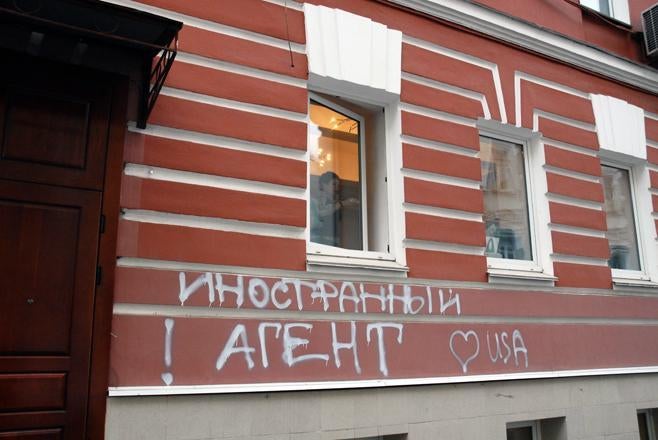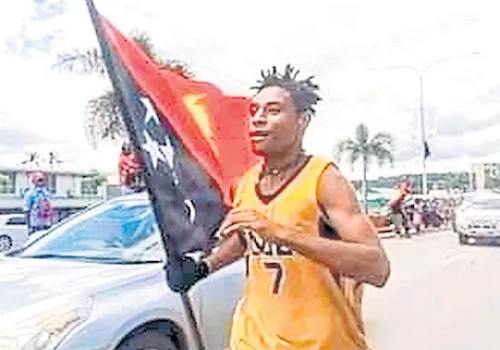The Chilean military dictatorship that violently overthrew the democratically elected government in September 1973 has continued to be a complicated chapter in Chilean history. In this article, María Isabel Vera’s study explores how teachers have had to navigate the challenge of teaching about this tumultuous period and its implications for broader Chilean constructions of memory.
The military dictatorship that violently overthrew the democratically elected socialist government of Salvador Allende of Chile in September 1973 under the leadership of Army Commander-in-Chief Augusto Pinochet, marked a prolonged period of repression and widespread political violence. Lasting until 1990, this era saw the suppression of the rule of law and, to this day, remains a deeply contested and complicated chapter in Chilean society. In a country of only 10 million people in 1973, over the course of the dictatorship, there were a documented 82,000 political arrests, an estimated 40,000 people were tortured and more than 3,000 were killed. Of the forcibly disappeared, only 310 of them have been identified, with the number of those still missing ranging from 1,109 to 1,469.
After the end of the dictatorship, the Chilean state followed the path of transitional justice, seeking to ensure the non-repetition of the events and reparation for the damage caused at the hands of agents of the dictatorship. However, the military coup that enacted this political violence and fractured Chilean democracy fifty years ago is currently justified by 36% of society (a significant increase from ten years ago) and half of the population thinks the coup was not avoidable.
Education has been a central site of memory construction in Chile’s post-dictatorship period. During the Concertación governments (1990-2010), curricular reforms sought to move beyond the dictatorship’s legitimizing narratives, incorporating perspectives from historians across the political spectrum. However, rather than establishing a unified account of the dictatorship, the curriculum presents multiple interpretations, reflecting broader societal divisions. The prevailing approach has been to foster reconciliation—often by avoiding conflictive discussions rather than promoting critical engagement.
Teachers are at the forefront of this challenge, particularly in elite schools where historical narratives often align with conservative values. These institutions, many with tuition fees averaging around US$8,000 per year, serve the children of Chile’s political and economic elites. In these settings, parental influence is strong, with families demanding neutral or revisionist approaches to history that downplay the brutality of the dictatorship. As a result, teachers face considerable pressure: addressing human rights violations critically can lead to reprimands or job insecurity.
But what can drive a teacher to make a difference? In a conservative environment, or as historian Steve Stern would say, one shaped by a memory of the dictatorship as salvation, what inspires a teacher to take a stand?
Andrea (39), a teacher in an Opus Dei school in Lo Barnechea, Santiago, exemplifies the tensions educators navigate. She is the daughter of communist militants, one of whom was a member of the MIR, the far left movement active during the Unidad Popular. Though her life has taken a different path from that of her parents—now living comfortably in one of Santiago’s most affluent neighbourhoods—their story remains an inescapable part of her own. However, in her conservative school environment, she avoids discussing contentious contemporary issues like the failed attempts at a new Constitution, the Mapuche cause, or abortion. Speaking out could put her job at risk—something she cannot afford, especially as a mother.
During her prenatal leave in 2023, Andrea found an opportunity to challenge dominant narratives. She shared the story of a colleague whose husband was tortured by the regime, putting a human face to the repression. Something significant happened:
When I was in my minute of confidence, I showed them [her case], and that way I put a face to it. And then they were able to empathise. (…) I have a very rigid and very Pinochetista student, and it was really special because the other time he managed to say to me: ‘My classmates themselves don’t allow me to think differently, there are many stereotypes, but in this course I realise what Pinochet did, and that regardless of what I think, in my value as a Catholic, I have to defend life’.
This moment illustrates how personal engagement with memory can create openings for critical reflection. However, such instances remain the exception rather than the norm. Without institutional support, teachers like Andrea must rely on circumstantial opportunities to foster historical awareness.
So what about the rest of the cases? When there are no exceptions? When there is no teacher whose priority is the defence of memory and human rights? This disparity raises fundamental questions about the role of education in the construction of a collective memory. Is education only a route to university? Or is it also a tool for critical thinking and for building a country that considers the wounds that remain open?
Teachers navigate the challenge of teaching about the dictatorship using different pedagogical strategies shaped by their personal experiences and the expectations of their schools. Some adopt a rationalist approach, aiming for neutrality and sticking strictly to historical facts, while others take a critical stance, emphasising human rights violations and encouraging students to analyse power structures, like Andrea. A third approach, the moral perspective, focuses on ethical reflections and democratic values. In practice, these strategies often overlap, but the extent to which students receive an education that fosters critical thinking about the dictatorship largely depends on external factors, such as the socio-economic background of their schools, the personal histories of their teachers and the students’ personal histories.
The consequences of this fragmented teaching are profound. Students from elite schools, who are more likely to occupy influential positions in society, could graduate with a limited or skewed understanding of Chile’s past. This, in turn, shapes their perceptions of democracy, human rights, and justice, reinforcing existing social divides and affecting the capacity for peaceful coexistence. When history is taught incompletely, the wounds of the past remain open, and the possibility of genuine reconciliation diminishes.
Fifty years after the coup, education continues to play a crucial role. The teaching of this period cannot be left to individual interpretation; it must be a state commitment. Democracy is not sustained by forgetfulness—or worse, by the glorification of authoritarianism—but by the certainty that “never again” is more than a phrase; it is a responsibility. It is also the right of new generations to have the opportunity to remember, and the right of an entire society to reconcile.
All articles posted on this blog give the views of the author(s), and not the position of the Department of Sociology, LSE Human Rights, nor of the London School of Economics and Political Science.
Image credit: The image was taken by María Isabel Vera’s friend, Luis Felipe Manques, during a tribute they attended last year at the Memorial of the Political Executed in Santiago’s General Cemetery. The photo captures a group of his friends, now nearing 70 years old, gathered to honour his memory. It is a beautiful reminder of the commitment of all generations to never forget and to exercise memory. You can also see the red carnations in the photo, which are an iconic symbol used to remember the victims of forced disappearance.
The post Fragmented memory: teaching the dictatorship in Chile first appeared on LSE Human Rights.
This post was originally published on LSE Human Rights.



 USA” on the buildings hosting the offices of three prominent NGOs in Moscow, including Memorial. © 2012 Yulia Klimova/Memorial
USA” on the buildings hosting the offices of three prominent NGOs in Moscow, including Memorial. © 2012 Yulia Klimova/Memorial